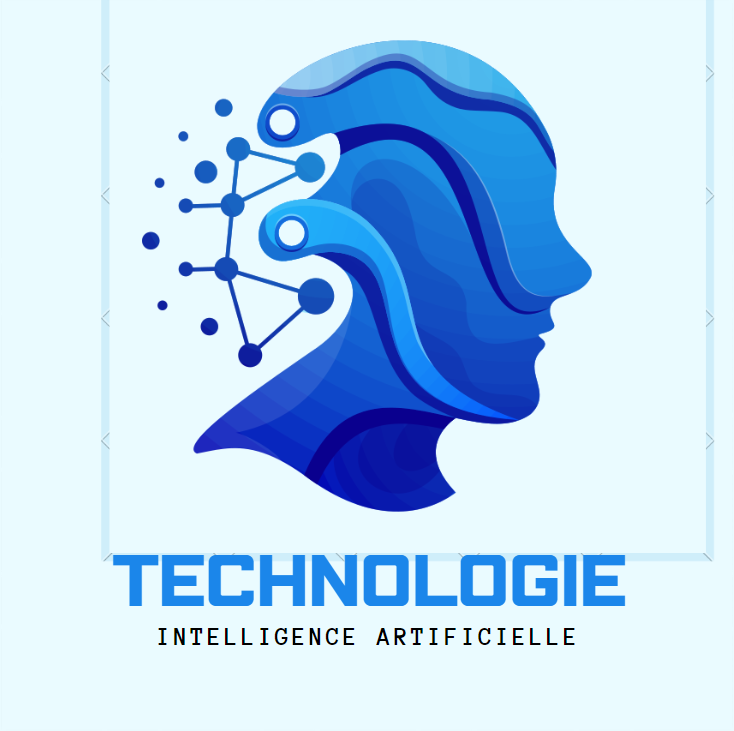Blockchain
Blockchain is often associated with cryptocurrencies, such as Bitcoin, where it serves as a public, immutable ledger of transactions. However, its applications go far beyond digital currencies.
It is used in various fields such as logistics, supply chain management, smart contracts, decentralized governance, e-voting, copyright management, and many more, due to its characteristics of transparency, security and decentralization.
what is blockchain?
Blockchain is a technology for storing and transmitting information in a secure and transparent manner, without requiring the intervention of a trusted third party. It works by recording transactions in cryptographically linked and secure blocks, forming a continuous chain.
the advantages of blockchain
Blockchain technology offers several significant advantages:
- Enhanced security:Data stored on a blockchain is secured using advanced cryptographic mechanisms. Every transaction is verified and secured by consensus, making data manipulation extremely difficult.
- Decentralization: Blockchain operates on a decentralized network, which means that no central authority has exclusive control over the data. This reduces the risk of unique breaches and corruption.
- Transparency: All transactions recorded on the blockchain are visible to all network participants. This promotes transparency and trust because each party can verify the integrity of the data.
- Cost Reduction:By eliminating trusted third parties and intermediary processes, blockchain helps reduce transaction fees and administrative costs.
- Increased traceability: Thanks to the immutable nature of blockchain, it is possible to trace the origin and journey of digital assets or data stored on the chain, which is particularly useful in areas such as logistics and supply chain management.
- Process Automation:Smart contracts, which are autonomous programs running on the blockchain, make it possible to automate the execution of certain tasks and ensure compliance with predefined conditions without requiring human intervention.
- Global AccessibilityBlockchain is accessible to anyone with an internet connection, eliminating geographic barriers and enabling global participation in the digital economy.
In summary, blockchain offers a unique combination of security, transparency, decentralization and efficiency, making it
the disadvantages of blockchain
Although blockchain has many advantages, it also has some disadvantages:
- Limited scalability:Public blockchains may experience scalability issues due to their decentralized design. Their ability to process large numbers of transactions may be limited, which can lead to delays and high transaction fees during periods of high demand.
- High energy consumption: Some types of blockchain, particularly those that use proof of work as a consensus mechanism, require a significant amount of energy to validate and secure transactions.
- Technical complexity: Implementing and maintaining blockchain can be complex and require considerable technical expertise. Businesses and developers must overcome challenges such as security, privacy, and interoperability to fully embrace the technology.
- Privacy Concerns:Although blockchain is often praised for its transparency, this can also pose privacy concerns, especially in sensitive areas such as healthcare or finance. Transaction visibility can compromise user data privacy.
- Regulatory Risk: Regulators around the world are seeking to understand and regulate blockchain technology, which can introduce uncertainties and legal hurdles for blockchain businesses and users.
- Data immutability: While data immutability is generally considered an advantage of blockchain, it can also pose problems in the event of errors or fraudulent transactions. It may be difficult or impossible to make retroactive changes to the blockchain once a transaction has been validated
- Slow Adoption: Despite its potential, blockchain adoption remains relatively slow in many industries due to resistance to change, lack of awareness, and the absence of clear standards and regulations.
although blockchain offers many advantages, it also has disadvantages and challenges that need to be considered when adopting and deploying it in various fields
In conclusion,Blockchain offers unique security, transparency and decentralization, revolutionizing various sectors. However, its challenges such as limited scalability and technical complexity require a thoughtful approach to maximize its potential. Its growing adoption highlights its critical role in the future of technology and the digital economy.

